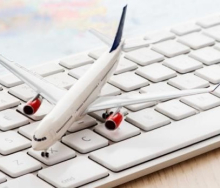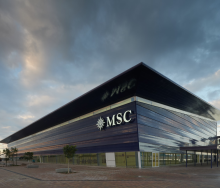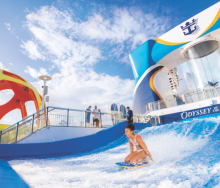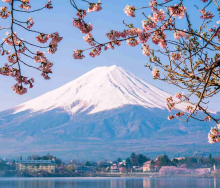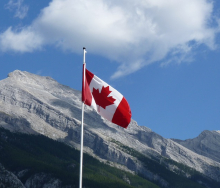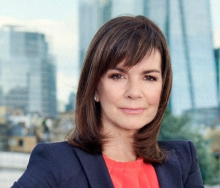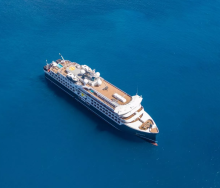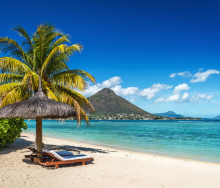Last year the number of cruise passengers worldwide recovered from the impact of COVID-19. At the same time, the cruise industry's global revenue almost caught up with pre-pandemic levels, exceeding US$25 billion (R448,5bn), according to Statista.
It’s clear that cruising is booming, so Travel News sat down with Ross Volk, MD of MSC Cruises South Africa, to find out what needs to be done to make this great revenue generator boom for the benefit of the economy of South Africa.
At the outset, Volk noted that tourism was one of the most fundamental sectors in South Africa and that it could alleviate a significant amount of the country’s poverty.
“People want to interact with people, especially when they're on holiday. They want to see the friendly nature of South Africa. So for me, we need to look at cruising as a national imperative to make the tourism industry grow and create more jobs.”
Volk believes cruise tourism needs to be driven by a collective government and private sector approach.
“We need to start looking at the widest scope of infrastructure development within the country, both in the port facilities and within the hinterland, so that we expediently take people to our particular attractions.
“South Africa has such a rich diversity but it is also very vast. Because the country is so large, approximately the same size as Western Europe, we need to look at how we manage the situation of creating infrastructure that can get visitors to South Africa’s tourist areas as fast as possible to be able to accommodate the volumes that cruise tourism can bring.”
He added that Cape Town was very blessed to have a lot of tourist attractions within 45 minutes, which allowed travellers to have flexibility in terms of the amount of time they can spend in various destinations.
Durban, on the other hand, does have some attractions within 45 minutes, but they are very few, Volk said.
“So you need to promote the ability to get to the Drakensberg, Underberg, the battlefields or even some cultural villages in Ulundi. From a Zulu capital perspective, which is such a rich cultural heritage, travellers want to go there.
“But they’ll be driving for three or four hours and this detracts from the attractiveness of that excursion. It also prohibits people from spending money in the province because we don't have a high-speed rail system that can stop at multiple places along the way.”
Volk said Cape Town has some challenges with regards to its harbour entrance.
“Cape Town has a wind problem with the entrance to the harbour. It creates some risks and challenges to embarkation and disembarkation. So the city needs to look at the long-term strategy there.”
Volk highlighted that under the guidance of the Department of Home Affairs (DHA), the Border Management Authority played a critical part in the success of the operation of cruises.
“Before focusing on getting guests to South Africa as fast as possible, the DHA needs to ensure its staff are efficient at our border posts. First and foremost, the security of our borders is of paramount importance, but we need to get people in the country, legally, as fast as possible. And that's why our immigration systems and operators at the terminals are very important.”
Security is also of paramount importance, Volk said. However, he believes he has a reversed philosophy on this.
“We need to change the narrative of security at the disease source, which is the fact that our general population is not safe and secure. Then once you've changed that, and they feel safe and secure, you've got a better chance of having them being happy and supportive of people coming in, which is what you want from a tourist perspective.”
Volk referred to the anti-cruise protests currently being experienced across Europe. He sees an opportunity for South Africa, and said the country should take advantage of this. “The country wants to attract more visitors, however, it has to be done right by getting the above-mentioned in order first.”

